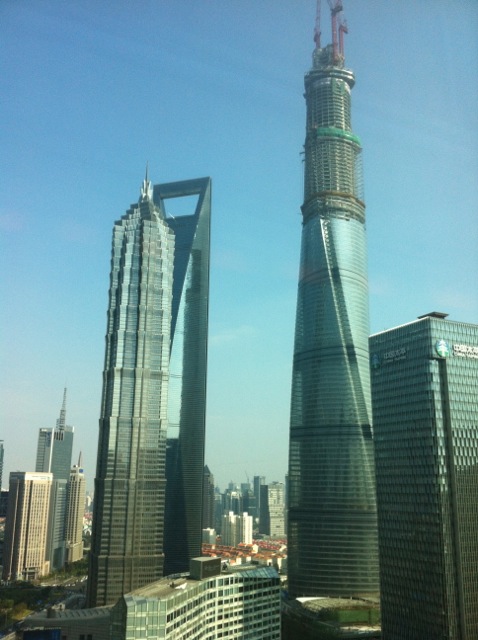The third plenary session of the 18th CPCcentral committee, November 9 to 12, 2013
During this meeting a blueprint for comprehensive reform should be put forward, with a focus on innovation development strategy.[China reforms eye more innovative bases; Xinhua; 05NOV13]
China needs a shift to a more sustainable growth path. One that uses resources more efficiently, is more inclusive, and more consumer based. To achieve this shift, actions on several fronts are needed:
- Financial reforms
- Fiscal reforms
- Structural measures
[Singh, Anoop; A wish list for China’s third plenum; IMF direct; 22OCT13]
Also the development research center (DRC) if China’s state council recently released a proposed roadmap for the next round of reforms. This ‘383 Scheme’ refers to “a three-in-one reform principle in eight key reform areas, with three correlated reform combinations,” which puts an emphasis on a economic structure ruled by the law. [Dezan Shira & Associates; China’s Official Think Tank Releases ‘383 Scheme’ for Future Reforms China Briefing; 05NOV13]
Major problems with reform of the current system remain. “Transformation of the economic growth is entirely interlocked,” said Yuan Xucheng, a former official who is now deputy secretary general of the China society of economic reform, a think tank in Beijing. ” You can’t transform one part without transforming all others.”
Obstacles will be hard to overcome. Reforms of the hukou system, land policy, social safety net, fiscal system for local governments as well as reforms of sectors controlled by state-owned companies all face resistance, because urban residents, state owned companies, ministries and local geovernments all fear for loss of their privileges. [Buckley, Chris; Chinese Leader’s economic plan tests goal to fortify party power; New York Times; 06NOV13]
It remains to be seen what the CPC central committe will declare in the next few days and which meassures will actually be carried out.

